What to read for personal self-development?
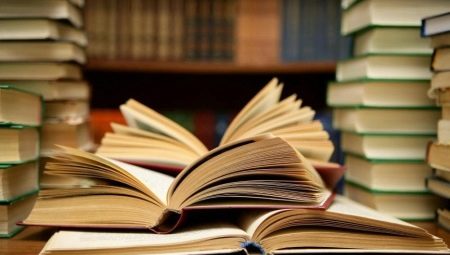
Self-development allows us to move forward, change our lives, acquire new useful knowledge and skills. And on the path of self-improvement, many are wondering what books can become assistants, what to read. This article will tell you about it.

Directions of books for personal improvement
Reading books for people who choose the path of continuous improvement of themselves is integral part of life. Reading develops in itself, enriches the inner world of a person. It is suitable for everyone, even those who for some reason cannot enroll in courses, attend classes, schools or use webinars.
The modern book industry is trying to fully satisfy the readers' need for literature for self-improvement. In bookstores, in Internet libraries, there are special sections "Self-development", in which the relevant literature and manuals are collected. But not always the books found in these sections will be able to fully satisfy the readers. Such a purpose often hides "empty shells" - books that do not carry any benefit, as well as literature that can be interpreted as sectarian.
Unfortunately, no library or store will tell you how to choose books that will really help and become your desktop books.
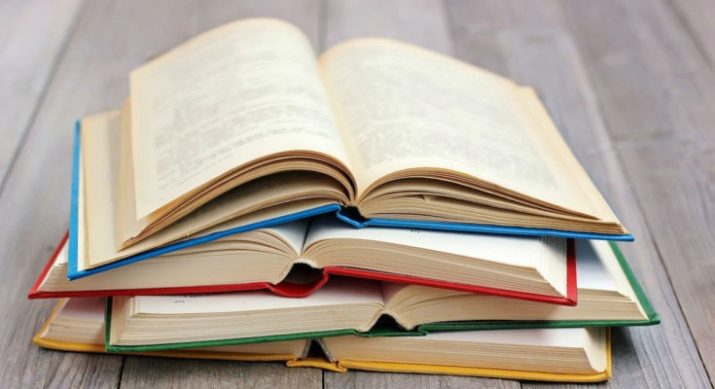
Conditionally books for self-improvement can be divided into motivational, how-to guides, biographies and fiction. Motivational and practical books are valuable if they are written by practicing psychologists, psychotherapists, and world-renowned coaches. They contain author's techniques, useful tips, exercises that will help the reader to master new techniques.
Biographies and memoirs most often tell about people whose life itself is an example to follow. They are a symbol of struggle, inner strength. Some were written by the heroes themselves, some belong to the pen of biographers. Fiction for self-development is the most controversial issue. Someone is closer to a classic for the soul, someone - psychological dramas or detective stories. It all depends on what areas of self-development a person has designated for himself as priorities.
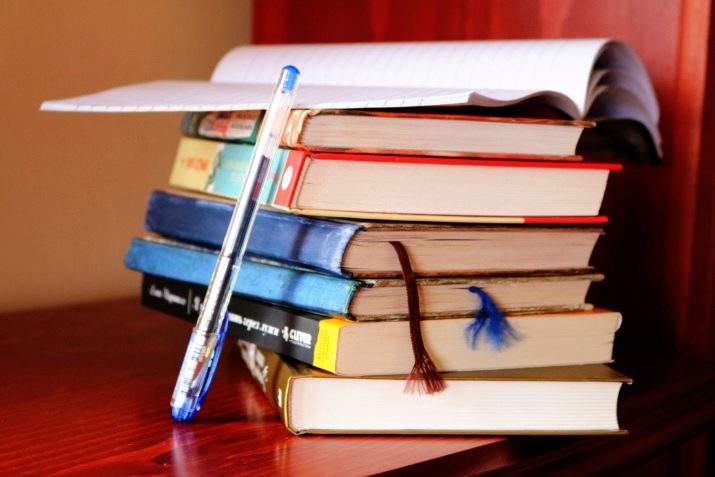
How to choose?
There are many interesting fiction and scientific literature. It all depends on how useful the book will be for you. And therefore first, determine in which direction you intend to develop. If a girl or woman thinks about the reasons for failure in her personal life, she will need some books. If a person is determined to overcome his natural shyness and learn to communicate in an interesting way, he will need other literature.
There are books that cover the maximum spheres of our life, basically these are manuals for those who intend to understand themselves, their psychology, the reasons for their actions and their consequences. Make a list of topics you are interested in and try to select books so that they fully cover the area of life in which you are determined to put things in order - relationships, professional growth, communication, health, intellectual development, etc.
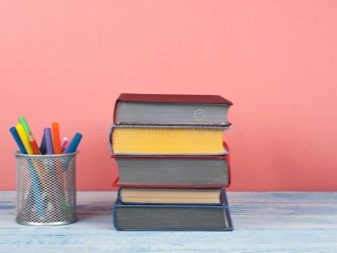
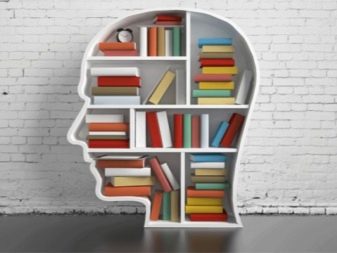
The best literature for self-development
To make it convenient for you, we have compiled our own rating of books for self-development in directions and goals. It includes the bestsellers and the most talked about works, classical psychology and examples from aspiring talented authors.
Most of the books presented do not have age boundaries, in them both teenagers and people from 30-35 years old, and those who are already over 50 years old, will find a lot of interesting things for themselves.

To develop business thinking
Books in this category will not only help you run your business more efficiently, but will also give you basic skills and useful advice that will come in handy in any professional activity. A distinctive feature of this literature is that it was written mainly by talented entrepreneurs based on their personal experiences and their own mistakes.
“Rich Dad Poor Dad” by R. T. Kiyosaki. Robert Kiyosaki, a native of Japan, has made a successful business in the United States. In the process of creating his business, he applied several laws and regulations that apply to money. It is the ignorance of these laws, according to Robert, that leads people to a constant unsuccessful race for financial well-being. The described rules were told to Robert by his own dad, who was an ordinary civil servant. By observation, Kiyosaki borrowed a lot from the father of his comrade, a successful entrepreneur.
Having compared the two models, the author chose the second, and already at a young age, having built his own financial empire, was able to break out of the race for money and devote himself to the education of others.
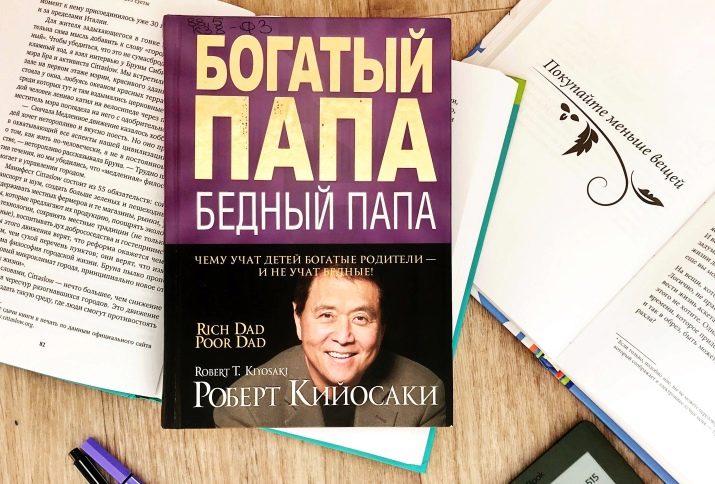
"Think and get rich!" N. Hill. Psychologist and journalist Napoleon Hill first decided to publish his book in 1937. The author does not teach effective investment schemes, believing that wealth begins in changing a person's way of thinking. All successful people, in his opinion, share common traits of thinking that ultimately lead them to prosperity. Hill suggested applying the advice not only to obtain financial well-being, but also to achieve success in other areas of human life.Tens of millions of volumes have already been sold around the world, and the book was even nominated for the title of the main book of the past century, given the enormous interest in it from readers.

"Who Stole My Cheese?" S. Johnson. Reading this book does not take much time, usually it takes half an hour to read it. A small parable was told by Spencer Jones for the sole purpose of stimulating people to initiate internal changes in themselves. The book will be especially useful for those who are "stuck" in a problem, cannot leave their personal comfort zone, and cannot cope with the situation.
Just half an hour will help you find a source of inner strength for positive and inevitable changes.

For the development of memory and speed reading
Books in this category will be useful for people of all ages and occupations, since both teenagers who will have intensive training and retirees, who intend to maintain the clarity of their thinking for many years, need to apply certain exercises.
"Improve Your Memory" T. Buzan. Tony Buzan created his own technique, which states that memory is capable of self-expansion. In the book, he presents effective techniques in order to learn how to quickly memorize any complex texts, talks about the principles of creating images that help memorize information for a long time. Additionally, the reader will be able to get acquainted with the unusual and amazing phenomena of human memory.
"Rapid reading technique" O. Andreev. This book can rightfully be called a fundamental textbook for speed reading. The author Oleg Andreev gives common methods, and also shares his personal best practices. CDs can be obtained with the books, which will facilitate the practical part of the classes.
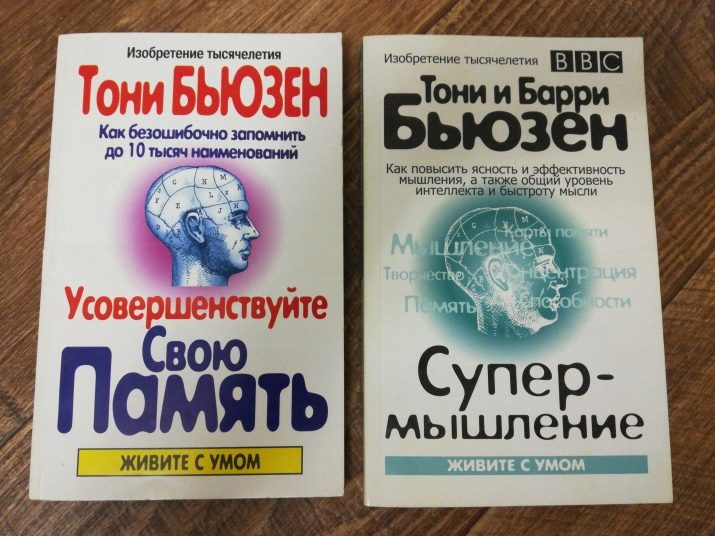
Communication, leadership
Leadership development is necessary not only for those who hold leadership positions or are just planning to take them. In any activity, in communication outside of work, in life, the principles of effective communication will be useful, which will be taught in the following books.
How to Make Friends and Influence People. D. Carnegie. The book is a collection of practical tips for every day that will help the reader to relax, learn to communicate in an interesting way, and make useful and pleasant acquaintances. The book will help to overcome the existing complexes, insecurity. Long decades, during which the book remains a desktop for tens of millions of readers, have shown that Dale Carnegie's advice “works” not only in terms of communication and relationships, but also helps people change their lives, earn more, and acquire new useful habits.
"The personality of a leader" B. Tracy... Brian Tracy conducted a large-scale personal study of the characters of the most successful and effective people, whose names are known all over the world. He drew attention to the events of their lives, the decisions they made in certain situations. It turned out to be an interesting piece, in which Tracy also added personal methods of achieving success.
"Recognize a liar by facial expression" P. Ekman. Paul Ekman is well known to fans of The Theory of Lies. The author will teach the reader to recognize deception by facial expressions, facial expressions and gestures of the interlocutor. Also, the reader will be able to train in observation and concentration, since the methodology of the psychologist Ekman is based on extreme concentration and attention to detail.
"Games People Play" by E. Bern... A big fan of psychoanalysis, Eric Berne, discovers the psychological problems of relationships between people.
The book will be interesting for those who intend to solve problems with family and friends, to build positive relationships with spouses, children, their own parents, friends.
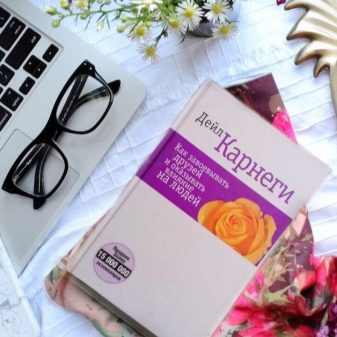
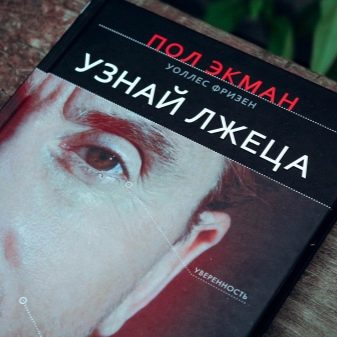
Development of creativity
Books in this category are useful for those who intend to expand and develop their creative thinking, for people of creative professions and those who need creativity in thinking.
"Lateral Marketing: Technology of Searching for Revolutionary Ideas" F. Kotler, F. Trias De Bes. The book presents an amazing method of material thinking, which will teach you to see the unusual and creative in the ordinary. Many of the principles of this work have become the basis of the trainings that exist today to stimulate creative thinking.
“Six hats of thinking” by E. De Bono. Edward De Bono's authorial approach will help awaken the foundations of creative thinking in every person. Six ways of thinking are presented by the author in detail, methods of working with each of the types are described.
"Tricks of the tongue - changing beliefs with the help of NLP" R. Dilts. Robert Dilts is one of the most renowned NLP practitioners in the world. He created his own methodology that will help not only develop communication, but also form a sense of inner harmony by revising the usual "inhibiting" attitudes that absolutely every person has.
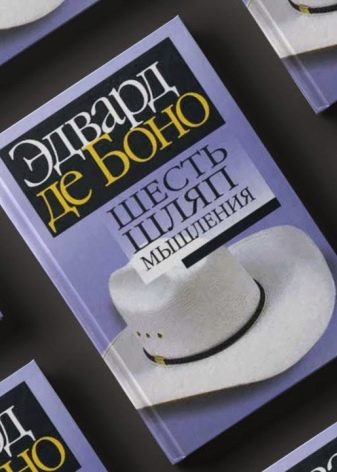
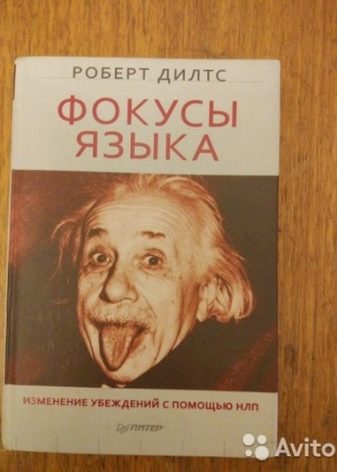
Classic
Classical literature will also be useful for self-development, for example "The Master and Margarita" by M. Bulgakov, "The Little Prince" by Exupery, "Atlas Shrugged" by Ayn Rand, "Lord of the Flies" by Golding, "451 degrees Fahrenheit" by Bradberry. Psychologists recommend rereading books that were loved in childhood. Often a second or third reading reveals something new and interesting in a familiar work that the reader has not seen before.
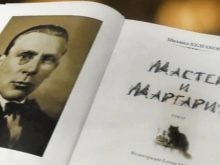
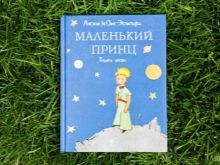

Modern
Modern authors offer many interesting, fresh ideas and their own views on self-development. The following books will help you with this.
"100 ways to change life" L. Parfentieva. Larisa Parfentieva is widely known to the Internet community. She herself changed her life radically, after which she became the author of amazing stories based on real events told by users. An amazing motivational book will help you find a way out of any difficult situation.
"This year I ..." MJ Ryan. The book is intended for those who have already fully realized their negative habits and blocks that hinder development. She will teach you to change habits, always keep promises made to yourself and achieve cherished goals.
“Between Must and Want” E. Luna. The book will help you find your true purpose in life, reveal your dreams, desires and start following the voice of your intuition and soul.


For spiritual growth
All the books of the psychotherapist Valery Sinelnikov and the books of Louise Hay will be useful for spiritual growth. They teach positive thinking as a way to raise one's own "I" to a higher level of development, at which the Universe itself will begin to help a person become healthier and happier. Also pay attention to such books.
"Get out of your comfort zone" B. Tracy.
“The Monk Who Sold His Ferrari” by R. Sharma.
“On the Limit” by E. Larssen.
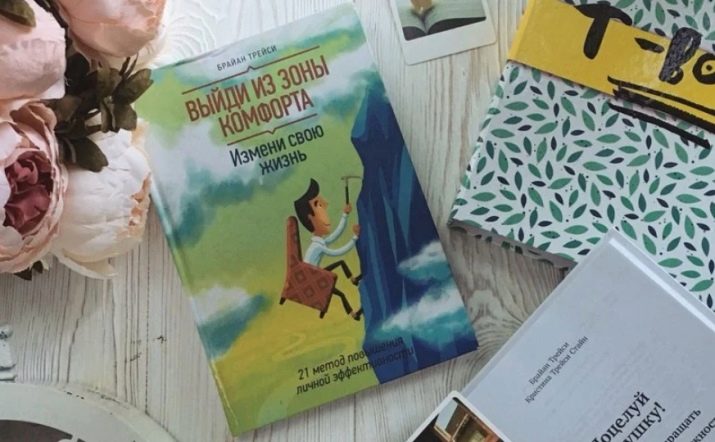
How to read it correctly?
Don't read self-help books the way you do with fiction. Take your time, follow these recommendations.
Make notes in the margins and return to them often.
After reading the chapter, you should stop and try the proposed methods in practice.
Keep records of your own observations, changes. This will help you not to “swallow” hundreds of volumes that are unnecessary and ineffective for you, choosing only those books that actually have a positive effect.
Find like-minded people with whom you can discuss what you read. If there are no such people in the environment, you can chat with other readers on thematic forums on the Internet.









